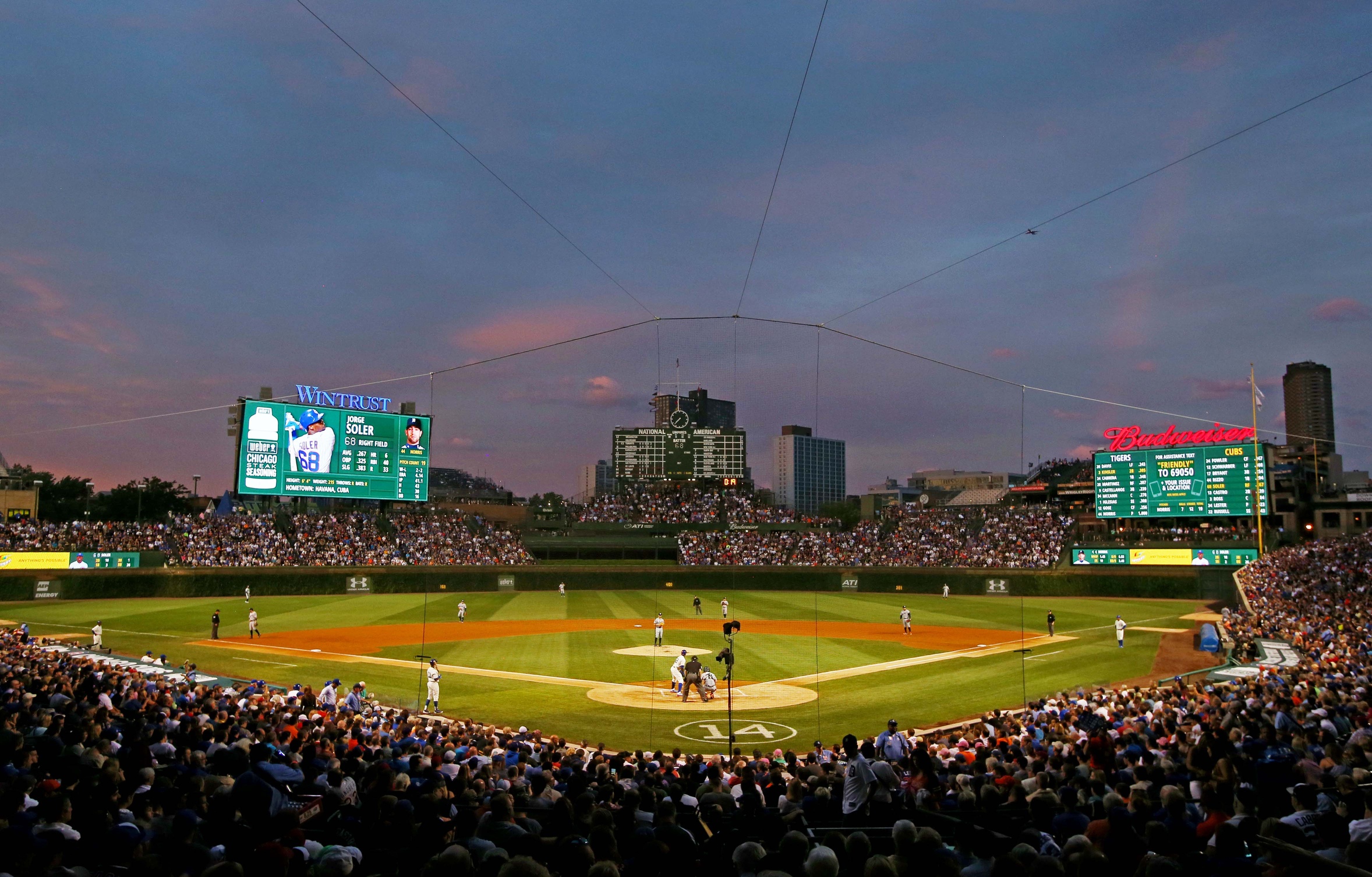The Birmingham Campaign began in the spring of 1963 to directly address the violent and deep segregation in Birmingham, Alabama. After a month of heavy protests, including sit-ins and rallies, the city came to an agreement with Martin Luther King Jr. and the other Campaign heads on May 11th. The Birmingham Truce Agreement sought to end segregated water fountains, churches, and lunch counters and put a biracial committee in charge of oversight. The announcement, however, was not received kindly. That night, an explosive went off outside the Gaston Motel, where King had previously stayed, and the following day, King’s brother’s home was bombed, sparking violent protests and attacks throughout the city. The direness of the situation forced President Kennedy to send national troops to Birmingham in hopes of preventing further attacks.
The violence sent shockwaves throughout the country and left Civil Rights groups scrambling to help in any way they could. Over the next three months, various organizations throughout the country helped raise over $400,000 for the Southern Christian Leadership Conference (SCLC) to use toward legal fees for imprisoned black Birmingham residents. At the heart of this movement was Wrigley Field twice over.
On May 26th, MLK Jr. appeared at Wrigley Field in Los Angeles. Created in 1925, the lesser known Wrigley Field was funded by William K Wrigley to house his recently purchased LA Angels of the Pacific Coast League. The ballpark was a near-replica of Cubs Park (renamed Wrigley Field in 1927), but its slightly larger dimensions dubbed it Wrigley’s “Million Dollar Palace.” It served as the Angels’ park until 1957, when the team and park were bought by the Dodgers. It then was handed over the city to use as a place for public events, the most famous of which was MLK Jr.’s 1963 appearance.1
Upwards of 35,000 people jammed into LA’s Wrigley Field on May 26th, 1963 to listen to MLK Jr. He was accompanied by a host of Hollywood stars, including Sammy Davis Jr., Paul Newman, Joanne Woodward, and Rita Moreno. King Jr told the passionate crowd, ““we want to be free whether we’re in Birmingham or in Los Angeles.” He then instructed them that “now is the time to transform the creative energy in this country to form a song of brotherhood” to lift the country from the “quicksand of racial injustice.” They must use this momentum to gather together people from across the nation and rescue democracy from its racial deathgrip. Over the course of the afternoon, King and “the largest and most enthusiastic civil rights rally in the history of this nation” raised $35,000, the highest amount collected at once to that date in the Birmingham Campaign.2
The next morning, MLK Jr. headed to Chicago to host another rally, this one organized by legendary gospel singer Mahalia Jackson. The day after the attacks, she said she could turn out the largest crowd in history—”the whole city of Chicago”—for MLK Jr. and could organize it within the week. Sure enough, she contacted the Civil Rights leader in May 15th and organized it in one day to be held on the 27th.3
The event began at Wrigley Field and then migrated to McCormick Place via a motorcade. Tens of thousands turned out for the Wrigley rally, in which they were introduced to Martin Luther King Jr., who spoke about the long road ahead and urged President Kennedy to do more to protect black Americans, such as personally escort black students around the University of Alabama, where much of the racial violence was situated.4 The crowd was then treated to a short performance by 21-year-old Aretha Franklin, which made her a favorite of MLK Jr. and helped launch her career.5
Following the gathering at Wrigley, a motorcade took MLK Jr. and Aretha Franklin to the Arie Crown Theatre at McCormick Place for a full concert featuring Jackson, Franklin, and Dinah Washington among others. It marked the first dual appearance of the gospel and blues rivals, Jackson and Washington, both of whom had been active in the Civil Rights movement for the past decade. They traded performances for much of the night, capturing the crowd with their powerful vocals and moving lyrics. Toward the end of the night, Jackson performed a new song, in which she summarized the point of the night:
“freedom today and justice for all
Freedom Today and justice for all
When God made man, he gave him the earth
Created all men equal from their birth
But we have been denied, our rights cast aside
Let the love of freedom in every heart abide”6
On that particular night, love and freedom abided, as the crowds at Wrigley and McCormick Place combined to best the total of LA’s Wrigley Field, raising upwards of $40,000 for the SCLC.
Mahalia Jackson’s dedication to both King and the Civil Rights movement shone through on that night and made her a constant beside King Jr. She was present at the March on Washington in August and was the one who urged him to “tell them about the dream.”7 Thus, Wrigley Field in both of its incarnations played a pivotal role in the Civil Rights movement, not only raising roughly 25% of the Birmingham Campaign’s total revenue, but in helping to create its most iconic moment. For decades, the two parks housed the dreams of thousands of ballplayers, but over the course of these two days, they housed the dreams of a democratic nation.
Lead photo courtesy Jerry Lai—USA Today Sports
1 James Gordon, “Los Angeles’ Wrigley Field,” 109-10.
2 http://www.soulsecretservice.com/MartinLutherKingJr_LA_1963kpfk.MP3.
3 Amy Alexander, “Fifty Black Women Who Changed America, 102.
4 Clayborn Carson and Kris Shepherd, “A Call to Conscience: The Landmark Speeches of Dr. Martin Luther King, Jr,” 72.
5 Chicago Times, May 28, 1983.
6 Kansas City Times, May 28, 1963.
7 http://www.history.com/this-day-in-history/mahalia-jackson-the-queen-of-gospel-puts-her-stamp-on-the-march-on-washington.

Nice! Thank you!